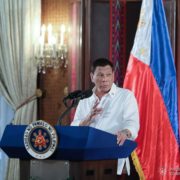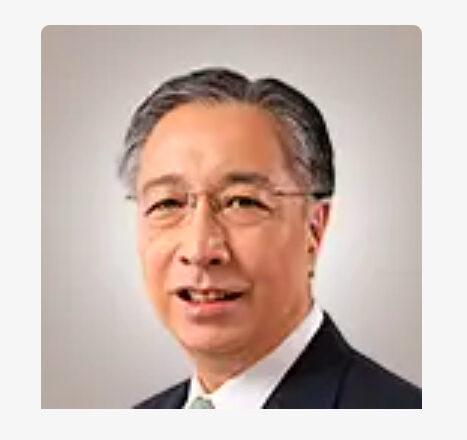The Department of the Interior and Local Government (DILG) on Monday, August 19, defended its proposal to restore the law against subversion.
According to DILG Undersecretary and spokesman Jonathan Malaya, the Duterte administration is different from the dictatorship of Ferdinand Marcos, who used the law to prosecute thousands of critics.
“This is not the authoritarian martial law which is of the Marcos period where when someone is arrested and not heard of, and then suddenly he’s dead. This is a different context,” said Malaya during a Rappler Talk interview.
The Anti-Subversion Act or Republic Act No. 1700 was passed in June 1957 during the tenure of former President Carlos Garcia. It was expanded through Presidential Decree (PD) 885 in 1976 and PD 1835 in 1981 during the martial law period, making it a subversive and criminal act to be affiliated with a group and take part in activities meant to overthrow the government with the open or covert assistance and support of a foreign power.
During President Corazon Aquino’s term, she issued Executive Order 167, series of 1987 repealing PDs 1835 and 1975 and reviving RA 1700.
However, in 1992, then President Fidel Ramos signed RA 7636 repealing RA 1700. Under this, subversion is no longer a criminal offense but sedition remained a crime.
The DILG stressed that reviving the law would help crush the Communist Party of the Philippines (CPP), which has been in a longstanding on-and-off peace process with the Philippine government.
“If we revive the Anti-Subversion law, we will be able to dismantle the urban mass movement in the cities that fuels the armed struggle in the mountains. We will be able to stifle their so-called ‘legal front organizations’ that provide sustenance to the underground mass organizations. It will be the beginning of an inevitable end,” DILG Secretary Eduardo M. Año had said on Thursday, August 15.
Malaya also said the DILG wants to prioritize coordinating with Congress in outlawing CPP membership — a move that they expect would choke funding and mass support for the guerrillas, as stated by Rappler.
He cited Mindanao currently under Duterte-style martial law as the case study to look at when analyzing the revival of the anti-subversion law.
“We have seen how martial law is implemented in Mindanao under this administration. There is no closure of Congress. There is no arrest of political opposition,” Malaya said.
He added that prosecution is not their priority, but ending Asia’s longest-running communist insurgency is.
“[The] government must be given the tools to end this,” Malaya said.






